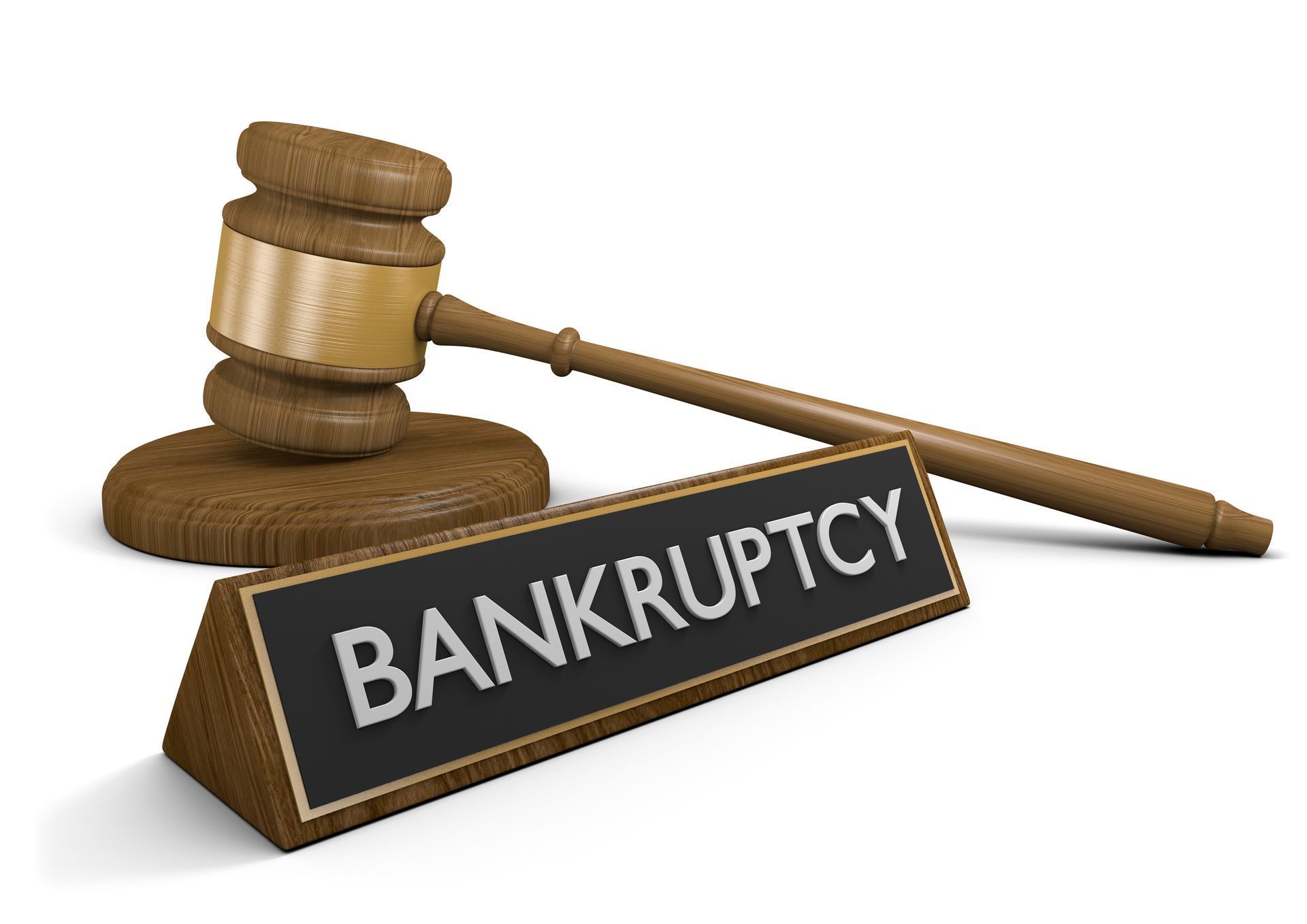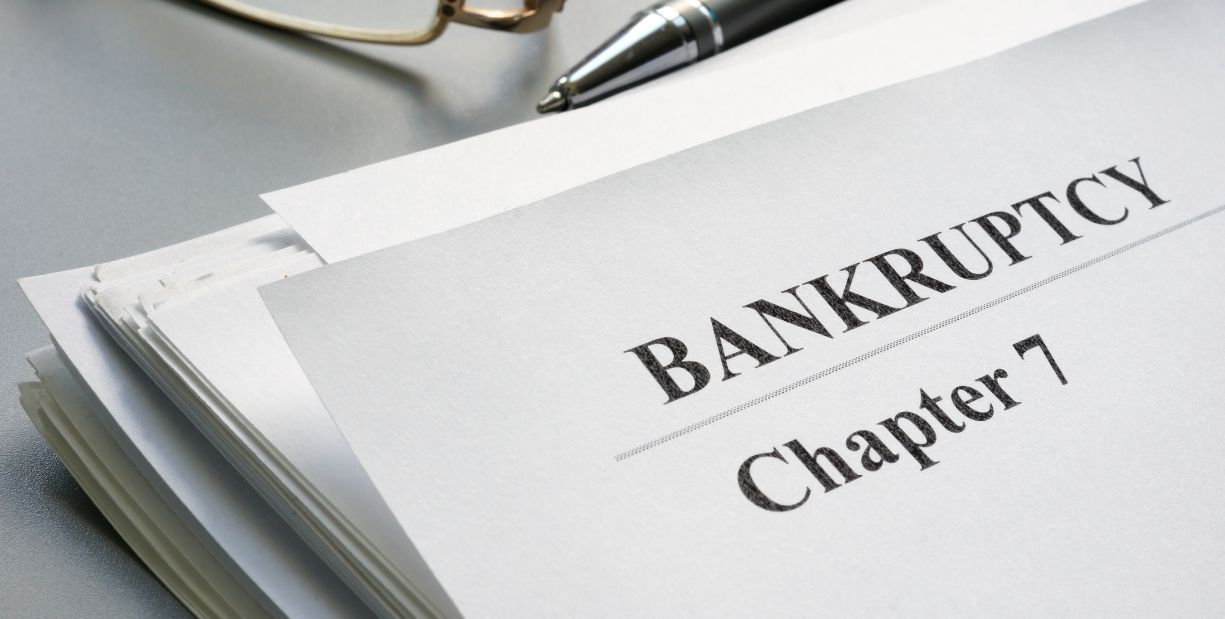What Does Filing Chapter 13 Bankruptcy Mean?
What Does Filing Chapter 13 Bankruptcy Mean?

Filing Chapter 13 bankruptcy means creating a court-approved plan to repay some or all of your debts over 3 to 5 years while protecting your home, car, and other assets from creditors.
For New Yorkers facing mounting debt, filing for Chapter 13 bankruptcy can be a lifeline. But what exactly does it mean to file Chapter 13, and how does it differ from other forms of bankruptcy?
At J. Singer Law Group, we help clients understand their options and guide them through the process with clarity and confidence. Here’s what you need to know about what filing Chapter 13 bankruptcy really means.
What Is Chapter 13 Bankruptcy?
Chapter 13 bankruptcy, also known as a “wage earner’s plan”, is a legal process that allows individuals with a steady income to:
- Reorganize their debts
- Develop a 3–5 year repayment plan approved by the court
- Keep their home, car, and other important assets
Instead of liquidating property (as in Chapter 7 bankruptcy), Chapter 13 gives you time to catch up on missed payments and gradually pay off certain debts.
What Filing Chapter 13 Bankruptcy Means for You
1. Immediate Protection From Creditors
As soon as you file, the automatic stay takes effect. This stops:
- Foreclosure proceedings
- Wage garnishments
- Collection calls and lawsuits
This gives you breathing room to work out your repayment plan without harassment.
2. A Court-Supervised Repayment Plan
You’ll propose a repayment plan based on your income and debts. Payments are made monthly to a court-appointed trustee, who distributes the funds to creditors.
The plan may include:
- Mortgage arrears
- Car loans
- Tax debts
- Unsecured debts like credit cards or medical bills
3. Opportunity to Catch Up on Missed Payments
Chapter 13 is especially useful if you’ve fallen behind on mortgage or car payments. It allows you to spread out these arrears over several years and avoid losing your property.
4. Keeping Your Property
Unlike Chapter 7, which may require selling non-exempt assets, Chapter 13 lets you keep your home, car, and other valuables—provided you stick to your plan.
5. Partial Discharge of Debt at the End
At the end of your repayment period, any remaining qualifying unsecured debt may be discharged. This means you’ll no longer be legally responsible for those balances.
Who Should Consider Filing Chapter 13?
Chapter 13 may be right for you if:
- You’re facing foreclosure or repossession and want to keep your property
- You have regular income but need time to catch up on missed payments
- You owe priority debts like back taxes or child support
- You don’t qualify for Chapter 7 because your income is too high
How Long Does Chapter 13 Last?
Most repayment plans last 3 to 5 years. The length depends on your income, the amount of debt, and your ability to make monthly payments.
The Benefits of Filing Chapter 13 Bankruptcy
- Stops foreclosure and repossession
- Consolidates debts into one manageable payment
- Protects property that could be lost in Chapter 7
- Gives you a structured plan to get back on track financially
Considerations Before Filing
- Chapter 13 requires strict budgeting and commitment to monthly payments.
- It stays on your credit report for 7 years from the filing date.
- Missing payments can result in case dismissal.
This is why having an experienced attorney is critical to ensure your plan is realistic and approved by the court.
How J. Singer Law Group Helps New Yorkers With Chapter 13
At J. Singer Law Group, we help clients:
- Determine if
Chapter 13 is their best option
- Design repayment plans that meet court requirements and fit their budgets
- Protect homes, cars, and other assets from creditors
- Navigate the court process and trustee meetings
- Stay on track through the entire 3–5 year plan
As New York’s top bankruptcy law firm, we’ve helped hundreds of individuals and families find stability and a fresh start through Chapter 13.
Frequently Asked Questions (FAQ)
1. What happens when you file Chapter 13 bankruptcy?
You propose a repayment plan, and the court puts an automatic stay in place to stop collections. Over 3–5 years, you make monthly payments to a trustee.
2. Will I lose my property if I file Chapter 13?
No. Chapter 13 allows you to keep your home, car, and other property as long as you stay current on your plan.
3. Does Chapter 13 affect your credit?
Yes. It stays on your credit report for 7 years, but it also gives you a chance to rebuild credit responsibly.
4. Can Chapter 13 stop foreclosure?
Yes. Filing immediately halts foreclosure and gives you time to catch up on missed payments.
5. Why choose J. Singer Law Group?
We’re New York’s leading bankruptcy law firm, known for protecting client assets, stopping creditor harassment, and helping people achieve financial recovery.
Take the First Step Toward Financial Relief
If you’re wondering what filing Chapter 13 bankruptcy means for your situation, let us help.
Contact J. Singer Law Group today for a confidential consultation. As New York’s top bankruptcy law firm, we’ll guide you through every step of the process and help you protect what matters most.
Call now to reclaim your financial peace of mind.











